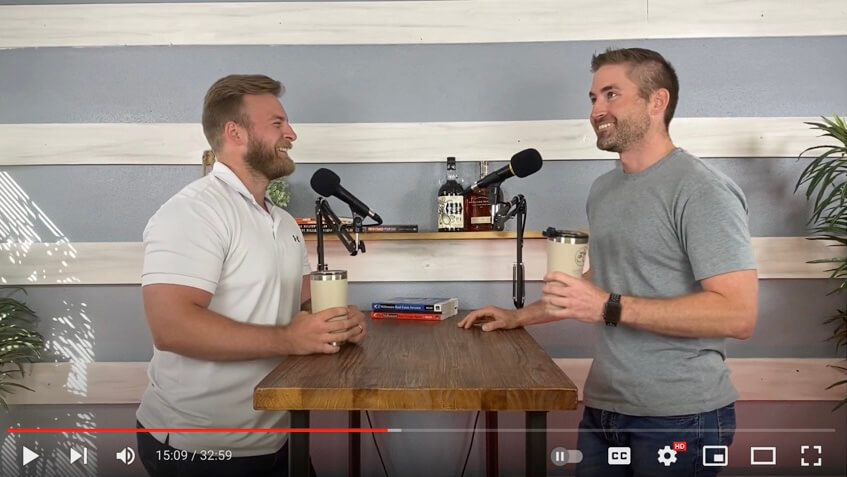In one of our recent podcast episodes, we mentioned that houses lose value over time. This is called depreciation. Today we are going to take an in-depth look at depreciation and how you can actually take advantage of it.
The Value in Losing Value
The Tax Code allows for investors to depreciate a house because it is an asset that they own. Over time, assets like houses will naturally lose value and investors are able to take that lost value into account on their taxes. Because the house is worth less, they pay fewer taxes on it and are able to reinvest that money back into the market.
It should be noted that there are pretty strict rules in place in order to depreciate a house on your taxes. According to the IRS, you can depreciate a house that you own, but do not occupy. It must be used in your business or generate income in some way (such as renting it out). Essentially, they have standards in place so that you cannot depreciate the house that you live in. Depreciation only applies to investment properties that you own.
There are ways that you can depreciate specific areas of your house, but very rarely will you be able to depreciate the whole thing. You can depreciate areas of your house that you use specifically for your business.
For example, if you rented out a room in your house, you would be able to depreciate the value of that room on your taxes. You can’t depreciate the whole house, but you can depreciate that room. If you ran a daycare for children or used your house for assisted living for senior citizens over the age of 65, you would be able to depreciate your entire house.
How to Depreciate Your House
If you own an investment property or are interested in buying one and want to know more, here is how depreciation is measured.
The IRS has determined that properties will eventually lose all value at a constant rate over the course of 27.5 years. For tax purposes, every property has the same time frame. Why is it 27.5 years? I wish I could give you an answer better than, “because they said so,” but I cannot.
With some quick math, you’ll find that a house that loses 100% of its value at a steady rate over 27.5 years loses 3.636% of its value every year.
If you’re renting out a $300,000 house, to find the value that is lost each year, divide $300,000 by 27.5 to get $10,909. This is the amount of value that you can deduct from your house each year on your taxes via depreciation.
Property Vs. House
One last thing to consider is that depreciation only applies to the house itself, not the property that the house is on. Before calculating depreciation, you need to determine the true value of the house as opposed to the value of the house plus the land that it is on. We recommend looking up the rules in your county because what they consider to be the difference between the value of the land and the house can sometimes vary.
If you have any questions or want to know more, don’t hesitate to reach out. We can put you in contact with someone who will be able to walk you through this.
If you want to buy or sell a property or just have questions about real estate, we would love to help you out. Give us a call at the number on our website.
Follow us on social media to stay up to date with all of our content, including clips from our weekly podcast where we talk about everything real estate, investing, and Dallas-Fort Worth.






